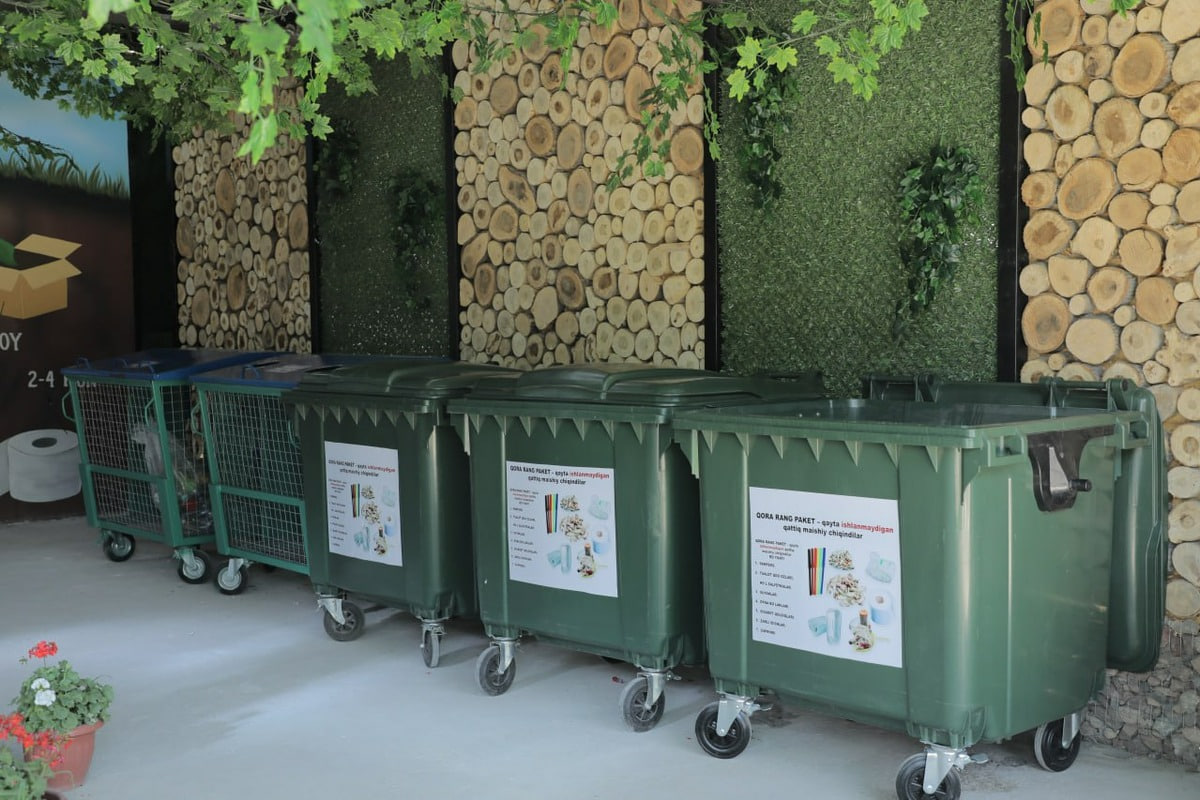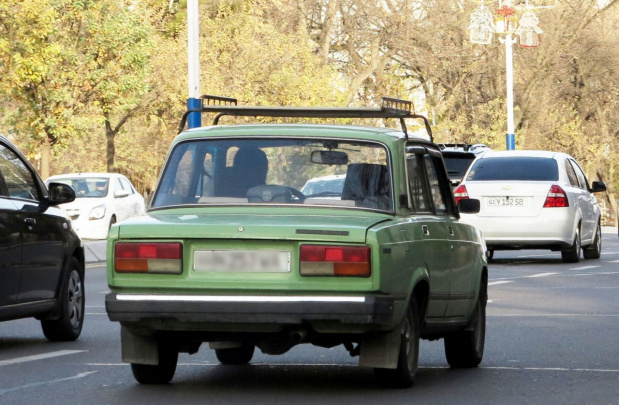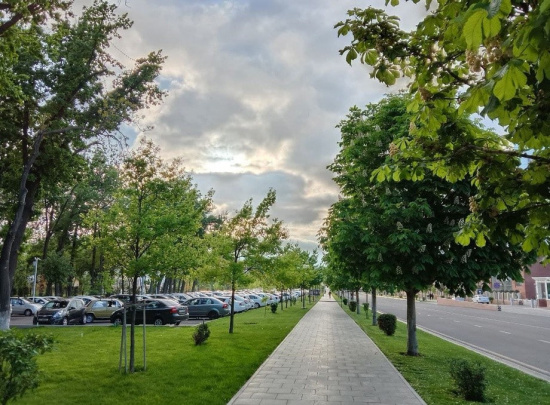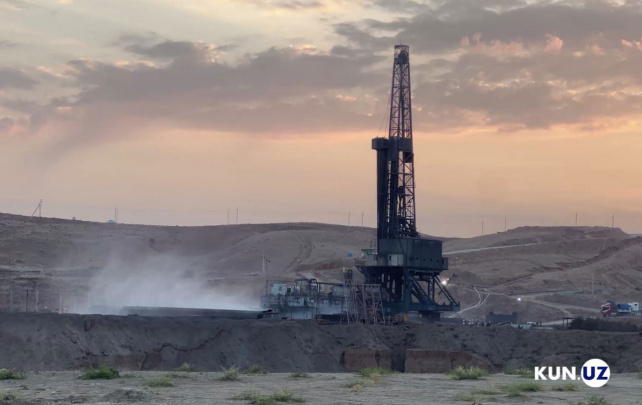Uzbekistan advances waste management with public-private partnerships
Uzbekistan has implemented 66 public-private partnership (PPP) projects aimed at sorting and recycling household waste, the Ministry of Ecology, Environmental Protection and Climate Change announced. These initiatives mark a significant step toward improving the country's waste management system and enhancing environmental sustainability.

According to Nodir Sherkulov, Chief Specialist at the Ministry of Ecology, private enterprises now collect and process waste from households under these partnerships. Over the past six months, 270,000 tons of waste have been processed out of the estimated 5.2 million tons generated annually, raising the recycling rate to over 5%.
To further boost sustainability efforts, Uzbekistan has signed agreements with international companies from the UAE, South Korea, and China. Notably, South Korea's Sejin Corporation is working on a waste-to-energy project at the Akhangaran landfill.
By 2027, Uzbekistan plans to construct multiple waste-to-energy plants across various regions. These facilities are expected to generate approximately 2.1 billion kWh of electricity annually. This initiative aims to reduce greenhouse gas emissions, decrease reliance on natural gas, and alleviate the burden on landfills.
Pilot projects are underway to introduce advanced waste management technologies. In Andijan region, a $13 million facility is set to produce 2 million kWh of electricity and 100,000 tons of organic fertilizers annually from waste.
Special economic zones near landfills are also in the pipeline, where waste will be converted into energy and fertilizers. These zones will serve as hubs for environmental innovation and economic growth.
Uzbekistan is scaling up efforts to expand waste processing capabilities:
- American company Sayar has initiated projects to generate energy from medical waste in Tashkent, Samarkand, and Bukhara, with plans to extend operations nationwide.
- China Everbright Environment will establish waste incineration plants, starting with two facilities in the Ferghana and Namangan regions.
- Jin Ming Corporation has signed a memorandum with Andijan regional authorities to build a $250 million waste recycling plant.
In February, Minister of Ecology Aziz Abdukhakimov proposed creating "eco-industrial zones" at landfills in each region. These zones would consolidate waste collection and recycling operations to streamline waste management and promote sustainability.
Related News

10:21
Old cars to be retired: Uzbekistan moves toward modernizing vehicle fleet

13:11 / 01.07.2025
Authorities intensify environmental oversight as damage nears 1 trillion UZS in just 2.5 years

13:07 / 26.06.2025
Uzbekistan to launch pilot project for methane production from biogas

13:27 / 12.06.2025



